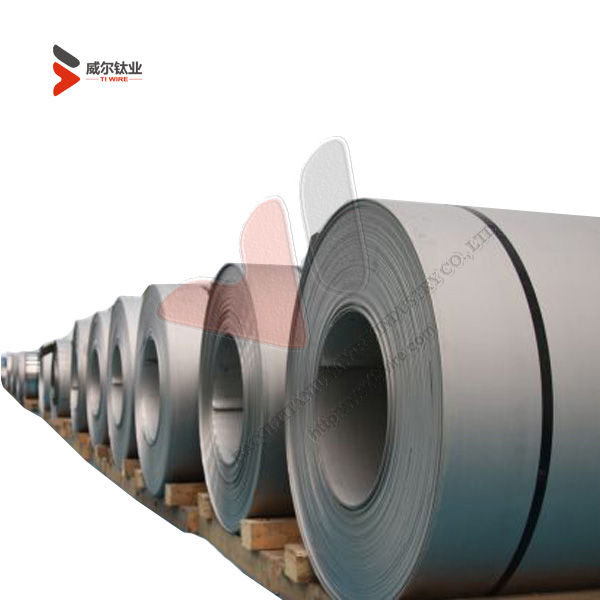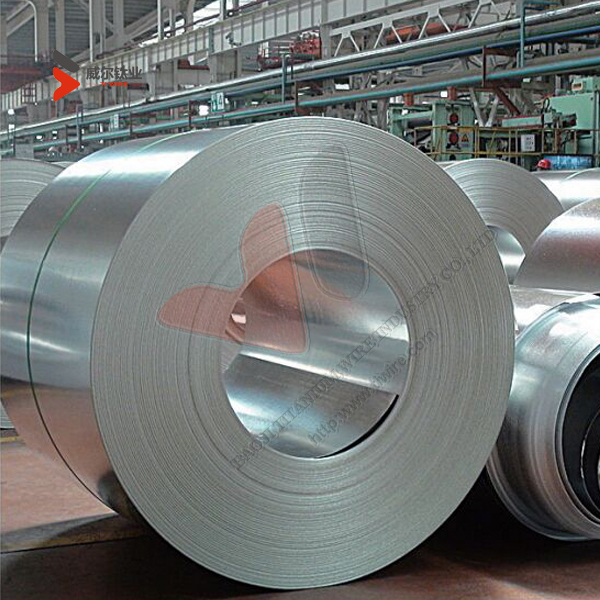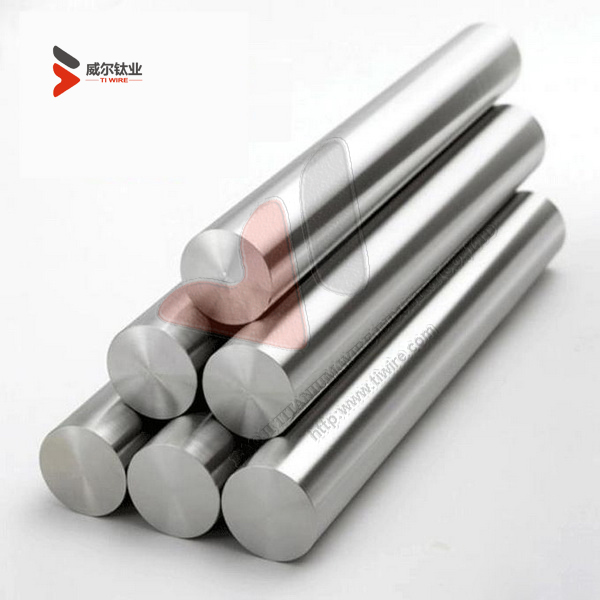Tips on How to Choose the Right Titanium Grade
2018-03-13Tips on How to Choose the Right Titanium Grade
You’ve done your research and determined that titanium is the correct metal for your next product. This, however, is just the first step. There are still a couple important decisions that need to be made.
There are multiple grades of commercially pure titanium and titanium alloys, and you need to be sure that you get the right forms and grades to ensure your project is completed successfully.
While all grades are corrosive resistant, strong and lightweight, there are still some significant differences that could impact the final results. When you choose the titanium grade, it’s important to consider how the metal will be used, what conditions the titanium will be in, and the size of the titanium parts.
Pure grade titanium comes in four grades, each with different characteristics that make them ideal for different projects.
Below is a list of commercially pure titanium and many of the most common alloys, including the common product forms and usages. Understanding these traits and how they can impact your project can help you choose the right titanium grade for the job.
Commercially Pure Titanium Grades
Grade 1
Grade 1 titanium is the softest grade of titanium, which makes if very formable. It offers a high ductility while still maintaining the necessary impact toughness. This grade is most often used in plates, tubing, piping, and a range of other applications where a higher level of weldability and formability is important.
This titanium is used in a variety of industries including aerospace, medical, marine, architecture, manufacturing, and power. Its characteristics also make it an effective choice for chemical processing facilities, desalination, automotive parts and airplane structures and frames.
Grade 2
For slightly stronger metal, there is Grade 2 titanium. It is still very moldable, but has a higher tensile strength. Grade 2 titanium is very widely available, which makes it more affordable than other grades. The common product forms include everything from bar and billet to plate and wire.
It has many of the same applications as grade 1 titanium, though it is also used in power generation, hydro-carbon processing, exhaust pipe shrouds and airframe skin.
Grade 3
Grade 3 titanium is not used near as much as grade 2, but it still has its uses. It is stronger than grades 1 and 2, features good weldability, and extremely high corrosion resistance. It is less moldable than the other 2 grades, but the added strength and resistance make it a good choice for chemical processing, marine applications, and aerospace. It can be purchased in bar, billet, ingot. plate, and welded products.
Grade 4
Grade 4 titanium is the strongest pure grade titanium, but it is also the least moldable. Still, it has a good cold formability, and it has many medical and industrial uses because of its great strength, durability and weldability. Grade 4 titanium is most commonly found in surgical hardware, heat exchangers, CIP equipment. It can be purchased in bar, billet, ingot, plate, and strip.
Titanium Alloys
Titanium alloys are a mixture of titanium and one or two other metals, such as tin, palladium, silicon, vanadium, molybdenum, zirconium, manganese, iron, cobalt, nickel, copper and chromium. Titanium alloys have the same strength, corrosion resistance, durability and light weight as commercially pure titanium, but by creating these alloys, it’s possible to build on and enhance certain characteristics.
Grade 5 (Ti 6Al-4V) Titanium
Ti 6AI-4V (a.k.a grade 5) is the most common of titanium alloys, and it referred to as the “workhorse” of the aerospace industry for a reason. It can resist temperatures up to 600 degrees Fahrenheit, is strong, light-weight, highly formable, and extremely corrosion resistant. It is made from the combination of titanium, aluminum, vanadium, and iron.
Grade 5 is popular in the aerospace industry for aircraft turbines as well as structural components, but it is also used in high-performance engine parts, sports equipment biomedical implants, and more. Common product forms include bar, billet, foil, sheet, seamless pipe, wire, plate and more.
Grade 7
Grade 7 is the most corrosion resistant of the titanium alloys. It features most of the properties of grade 2 pure titanium, but the added palladium helps increase the weldability and formability. It is most commonly used in chemical production equipment, and is available in most product forms.
Grade 12
Grade 12 has a strength that is similar to the 300 series steels, and it has a very high formability and weldability, making it a good choice for various fabricated applications. Its high corrosion resistance also makes it a common choice for heat exchanges, chemical manufacturing, and marine and aerospace applications. It can be purchased in bar, billet, plate, strip, wire, and welded pipe and tubing.
Grade 23 (Ti 6AL-4V ELI) Titanium
Ti 6AL-4V ELI, or Grade 23, has is often made into coils, strands, wires or flat wires. It is made of a combination of titanium, vanadium and aluminum, which gives it a very high tensile and yield strength while reducing the ductility and weldability. It also has a unique biocompatibility property that makes it popular for many medical and dental applications including surgical staples, ligature clips, pins and screws, and more. It has also found work in airframe components and ballistic armor. It is available in most common product forms, including seamless pipe and tubing.
Other Titanium Alloys
Though the most common titanium alloys were listed above, there are many other, less known and used titanium alloys. Titanium alloys go all the way up to grade 38, and their characteristics and applications vary based on the alloy metals.
When determining what grade of titanium or titanium alloy that would be right for your project, consider the environment it will be in, what the part will do, and the size of the desired part.
Baoji Titanium Wire Industry Co., Ltd. is a China-based manufacturer and worldwide exporter with over 13 years experiences in supply of titanium wires, titanium welding wires, titanium bars both commercial pure titanium and titanium alloy grades. ISO 9001:2008 and EN ISO 9100:2009 (AS9100C) certified. Products are compliant to ASTM, AWS, AMS and DIN classification. Should you have any requirements of titanium material, please kindly contact us.










